*The opinions expressed in this article are the author’s own and do not reflect the official views of ICMR.
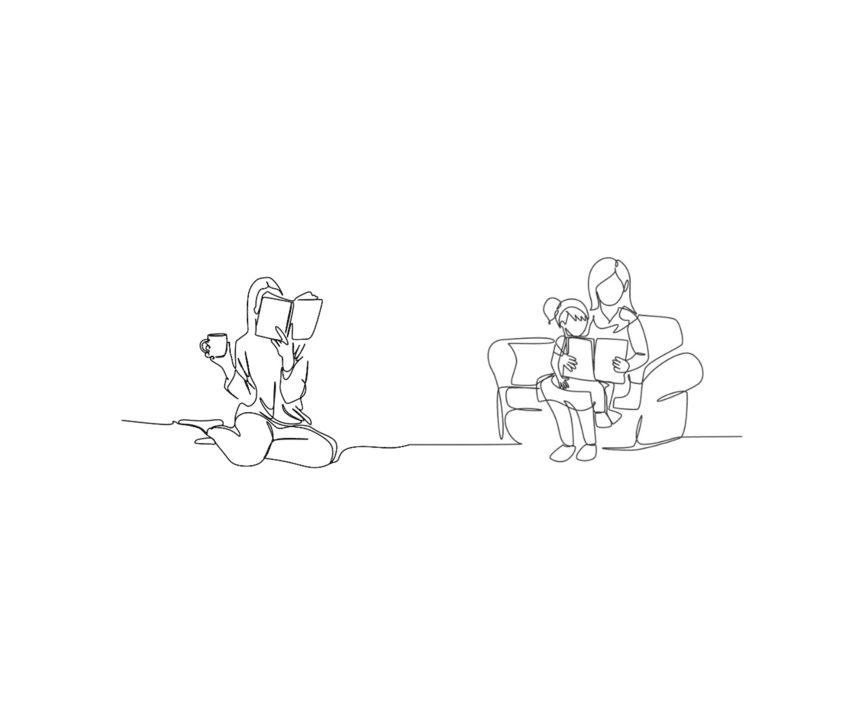
Dear fellow Millennials and Gen Z (and Gen X, if you can relate).
Have you ever faced all the aunties, your mom, siblings, cousins, and even friends that are constantly asking:
“When are you having kids?
“Are you planning yet?”
“Are you pregnant yet?”
“Are you finally pregnant now?”
Yes, some of these questions are sensitive and can be very offensive.
By the time you’re in your 30s, it is natural to feel like the whole world expects you to have children, because if you don’t, it will be too late (so they say). We women are constantly reminded of our “biological clock” and that we’re not getting any younger. Trust me, my knees and cholesterol levels are already sending me those reminders.
Whenever I get those questions, I always find myself struggling to explain and try to make them understand that parenthood is not for everyone. Some of my friends and family would tell me how “beautiful” being a parent is, while conveniently skipping over the sleepless nights, mental struggles, body dysmorphia, and even marital stress. Don’t get me wrong, I do agree with them on some points. I believe raising a child can be a profoundly beautiful experience. Watching a mini version of you grow and thrive is irreplaceable and so unique for different individuals.
But reality is, total fertility rate is dropping. From 2.02 in 2013 to 1.73 in 2023[1] with live births dropping drastically from 537,853 in year 2000 to only 93,500 in first quarter this year[2], we are heading into what many call a “child-free economy”. Although this may be bad for our ageing nation, I can really see why we are going down this path.
Here are my personal reasons, let’s see if any resonate with you:
- Tokophobia
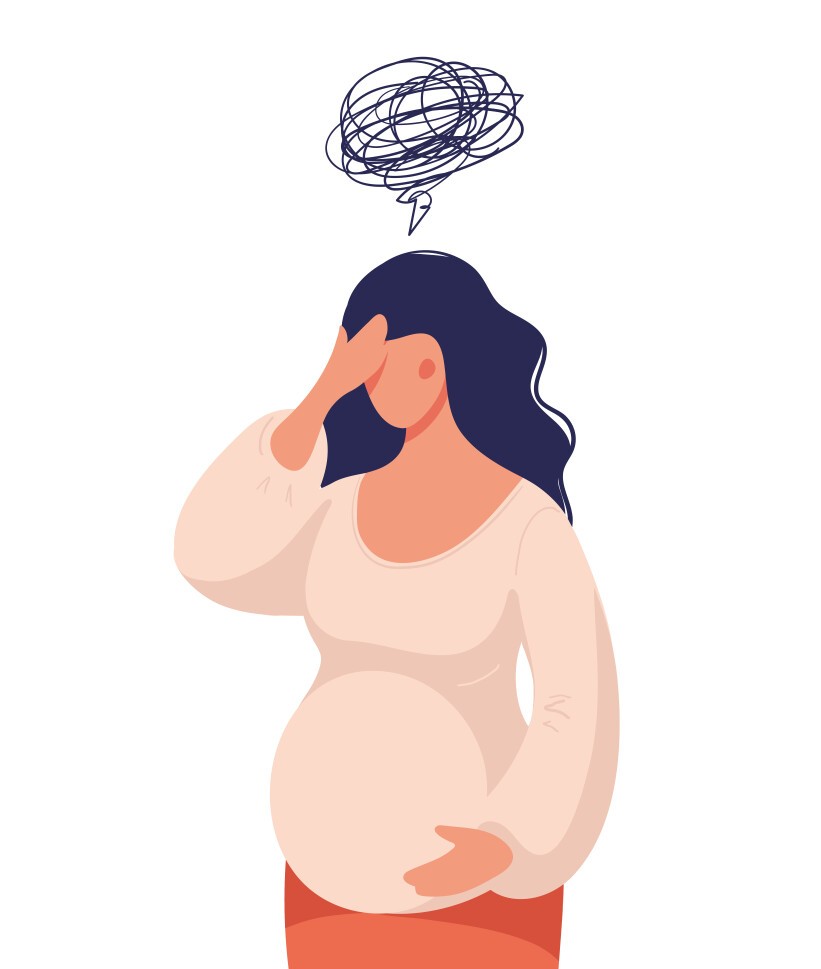 Tokophobia is an extreme fear of pregnancy and childbirth that can drive people to actively avoid becoming pregnant. It can be classified as primary (for those who have never been pregnant) or secondary (for those whose fear stems from a traumatic birth experience).[1]
Tokophobia is an extreme fear of pregnancy and childbirth that can drive people to actively avoid becoming pregnant. It can be classified as primary (for those who have never been pregnant) or secondary (for those whose fear stems from a traumatic birth experience).[1]
For many of us, the horror stories shared by friends and family, or even a childbirth video watched out of curiosity, backfires by reinforcing this fear instead of preparing us. The thought of losing normal body function, never fully recovering, or facing complications such as back injuries from an epidural can feel overwhelming. These are very real fears, and for some, these fears are strong enough to prevent them from ever wanting to go through pregnancy or childbirth.
- The not-so-great economy
 It’s not surprising that the increasing cost of living can be one of the main reasons people are more discouraged to build a family. They simply can’t afford to. Giving birth can really put a hole in your pocket. Childbirth cost in a government hospital can go up to RM2,000 depending on ward class and complications. While in private hospital, childbirth cost can balloon up to RM25,000.[2] There are also added costs in early childhood development such as baby items that can take up a minimum of RM500 to RM1,000 a month, vaccine, and daycare can cost up to RM2,500 in urban or city centres. Cost to raise a child from childbirth to university is estimated to be between RM440,000 – RM1.1 million depending on the location and lifestyle choices.[3]
It’s not surprising that the increasing cost of living can be one of the main reasons people are more discouraged to build a family. They simply can’t afford to. Giving birth can really put a hole in your pocket. Childbirth cost in a government hospital can go up to RM2,000 depending on ward class and complications. While in private hospital, childbirth cost can balloon up to RM25,000.[2] There are also added costs in early childhood development such as baby items that can take up a minimum of RM500 to RM1,000 a month, vaccine, and daycare can cost up to RM2,500 in urban or city centres. Cost to raise a child from childbirth to university is estimated to be between RM440,000 – RM1.1 million depending on the location and lifestyle choices.[3]
Wanting to have children should go hand in hand with being financially literate and secure. Parenthood is not just about raising a child today, but about planning for their future as well as safeguarding your own and these cannot exist in isolation. Yet many of us in our 30s are still living paycheck-to-paycheck, weighed down by rising costs and unstable incomes. In that reality, it is difficult to picture raising a child without adding overwhelming financial strain.
- The rat race problem
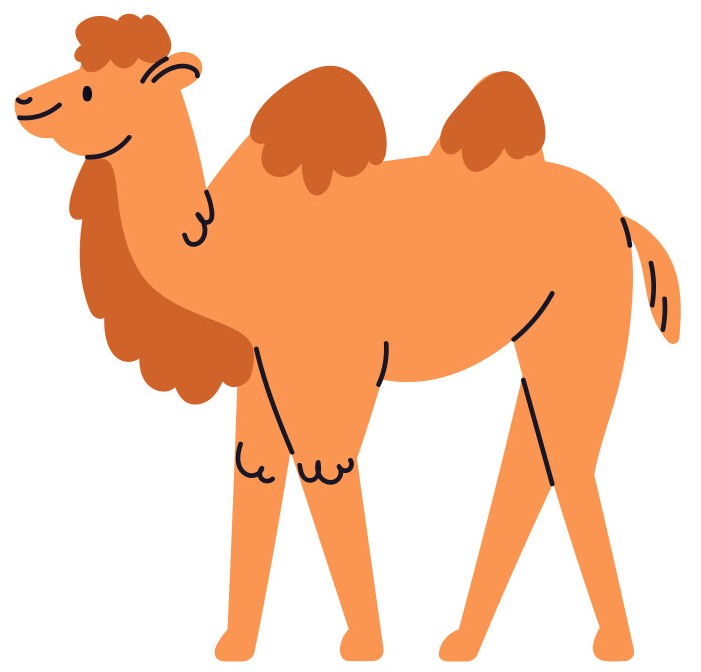 In many advanced economies, women often show a double-hump labour force participation curve: they enter work in their 20s, pull back during childbearing or early motherhood, and then return in their 30s. In Malaysia, however, the trend looks very different. The study “Women and Labour Force Participation in Malaysia” (Syed Salleh & Mansor, 2022) uses data from the Fifth Malaysian Population and Family Survey to show that women with children are far less likely to return to the workforce once they leave. Factors such as number of children, marital status, education, and caregiving burdens (children, elderly, etc.) are significantly associated with non-participation.[4]
In many advanced economies, women often show a double-hump labour force participation curve: they enter work in their 20s, pull back during childbearing or early motherhood, and then return in their 30s. In Malaysia, however, the trend looks very different. The study “Women and Labour Force Participation in Malaysia” (Syed Salleh & Mansor, 2022) uses data from the Fifth Malaysian Population and Family Survey to show that women with children are far less likely to return to the workforce once they leave. Factors such as number of children, marital status, education, and caregiving burdens (children, elderly, etc.) are significantly associated with non-participation.[4]
This has real implications for those considering parenthood. Leaving the workforce can mean lost income, stalled career growth, and reduced financial security. This does not just impact women, but also families that rely on each other’s income. Losing out on the rat race coupled with the high cost of childcare, raising a child in that economic environment feels not just difficult but risky. For many, not having children starts to feel like a conscious choice of responsibility rather than a regret or failure.
- Where the world is heading
 From the genocide in Gaza to chaos in the Middle East, from ongoing conflicts involving the world’s most powerful nations like the U.S., Russia, and China, to humanitarian crises in Sudan, Syria, and across Africa, the global landscape feels increasingly unstable. Add to this the persecution of minorities such as the Uyghurs in China, persistent world hunger, climate issues and rising social unrest, the world feels like it is lurching from one crisis to another. The future no longer looks like a place of stability and progress but of conflict, scarcity, and deepening divides. In such a world, the questions almost force itself out of prospective parents: why would anyone willingly bring a child into this chaos?
From the genocide in Gaza to chaos in the Middle East, from ongoing conflicts involving the world’s most powerful nations like the U.S., Russia, and China, to humanitarian crises in Sudan, Syria, and across Africa, the global landscape feels increasingly unstable. Add to this the persecution of minorities such as the Uyghurs in China, persistent world hunger, climate issues and rising social unrest, the world feels like it is lurching from one crisis to another. The future no longer looks like a place of stability and progress but of conflict, scarcity, and deepening divides. In such a world, the questions almost force itself out of prospective parents: why would anyone willingly bring a child into this chaos?
- Mental health awareness
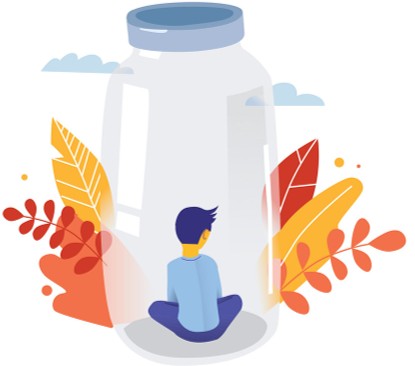 Mental health awareness has tremendously grown compared to few years ago. More people are open about therapy, anxiety, depression, and the lasting impact of childhood trauma. This shift is good as it reduces stigma and encourages individuals to seek help. But with awareness also comes self-realisation that your unresolved mental health issues do not only affect just you but can also have a spillover effect into your relationships, parenting and family dynamics.
Mental health awareness has tremendously grown compared to few years ago. More people are open about therapy, anxiety, depression, and the lasting impact of childhood trauma. This shift is good as it reduces stigma and encourages individuals to seek help. But with awareness also comes self-realisation that your unresolved mental health issues do not only affect just you but can also have a spillover effect into your relationships, parenting and family dynamics.
The fear of being a parent is not just about the sleepless nights or financial strain, but more about unintentionally passing on insecurities, unhealthy coping mechanisms, or trauma to a child. A meta-analysis of nearly 200,000 mother-child pairs has found that maternal depression and anxiety during and after pregnancy are significantly associated with poorer social-emotional, cognitive, language, motor, and adaptive behaviour development in offspring.[5] This is further compounded by the fact that post-partum depression is common in Malaysia, where about 14.3% of mothers in Kuala Lumpur alone reported to have post-partum within the first six months after giving birth.[6] When you know that your mental health can directly affect not just your postpartum healing but also on your child, it does shift the decision to have children from a question of desire to an act of responsibility rather than avoidance.
The Behavioural Sink
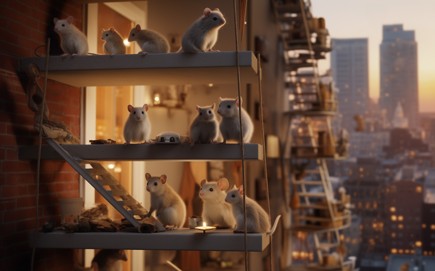 Considering the factors listed above, one particular study stands out. In 1968, American researcher John B. Calhoun conducted what become known as Universe 25: The Dystopian Mouse Experiment. This experiment was done on 4 male and 4 female mice in an enclosure designed with abundant food and water, ample nesting boxes (apartments), and no predators to mimic an ideal eutopia. The only constraint was space.
Considering the factors listed above, one particular study stands out. In 1968, American researcher John B. Calhoun conducted what become known as Universe 25: The Dystopian Mouse Experiment. This experiment was done on 4 male and 4 female mice in an enclosure designed with abundant food and water, ample nesting boxes (apartments), and no predators to mimic an ideal eutopia. The only constraint was space.
At first, the mice thrived. The population exploded, doubling rapidly until it reached around 2,200. From there on, various social dysfunction arose with males became isolated or hyper-aggressive, fights broke out over territory, females neglected or abandoned their pups, infant mortality increases, and fertility rates collapsed. Eventually, reproduction stopped altogether, and the colony slid into extinction.[1]
Of course, mice are not humans. Yet the parallels are unsettling. As human populations crowd into cities, with limited space, soaring living costs, and relentless pressures of a fast-paced life, we too see rising aggression, isolation, growing mental health struggles, and declining birth rates. Depression and anxiety born from our own behavioural sink are becoming defining features of our society today. It is as if evolution itself pressing pause, imposing a natural plateau on growth.
So no, it’s not that we don’t “like” kids. It’s that the decision to be childfree is complex, deeply personal, and entirely valid.
There are ways to ease some of the fears and concerns that surround the idea of parenthood. The government and policymakers can roll out policies that build a stronger ecosystem that supports mothers such as affordable childcare, tax breaks, family-friendly workplaces and accessible childcare to workplace policies that allow women to return to work without guilt or penalty and even labour market intervention to increase women participation rate in the workforce. These could make the journey of parenthood less daunting and may even encourage more women to embrace motherhood with confidence.
But ultimately, we need to accept that the child-free economy is already here. And the driving factor is not just an economic trend, but it is also shaped by psychological, cultural, and social realities.
The question is not whether we can reverse it, but how we can adapt. Policymakers must begin thinking about how to navigate these shifts and move away from the outdated assumptions about what a “normal” family structure looks like. The world is changing and it is time our policies caught up and prepare society for what lies ahead.
Dislcaimer: This paper is an opinion piece and has no intention to discourage or offend any individuals.
References
- Department of Statistic Malaysia
- New Straits Times. (2025, August). ‘Alarming’ birth rate decline threatens Malaysia’s economic future.
- Miao, E. (2025, September 10). Tokophobia: What it is, causes, signs and symptoms, diagnosis, and more. Osmosis. https://www.osmosis.org/answers/tokophobia
- AIA Malaysia. 2023. “The True Cost of Raising a Child in Malaysia.” AIA Malaysia. Accessed [access date]. https://www.aia.com.my/en/knowledge-hub/plan-well/cost-of-raising-a-child-in-malaysia.html
- CompareHero Malaysia. (n.d.). The cost of raising a child in Malaysia. CompareHero. Retrieved [access date], from https://www.comparehero.my/parenting/articles/the-cost-of-raising-a-child-in-malaysia?utm_source=chatgpt.com
- Syed Salleh, S. N., & Mansor, N. (2022). Women and Labour Force Participation in Malaysia. Malaysian Journal of Social Sciences and Humanities (MJSSH), 7(7), e001641. https://doi.org/10.47405/mjssh.v7i7.1641
- Rogers A, Obst S, Teague SJ, et al. Association Between Maternal Perinatal Depression and Anxiety and Child and Adolescent Development: A Meta-analysis. JAMA Pediatr. 2020;174(11):1082–1092.
- Hairol, M. I., Ahmad, S., Sharanjeet-Kaur, S., Hum Wee, L., Abdullah, F., & Ahmad, M. (2021). Incidence and predictors of postpartum depression among postpartum mothers in Kuala Lumpur, Malaysia: A cross-sectional study. PLoS ONE, 16(11), e0259782. https://doi.org/10.1371/journal.pone.0259782
- Calhoun, J. B. (1973). Death Squared: The Explosive Growth and Demise of a Mouse Population. Proceedings of the Royal Society of Medicine, 66(1 Pt 2), 80-88. https://doi.org/10.1177/00359157730661P202


